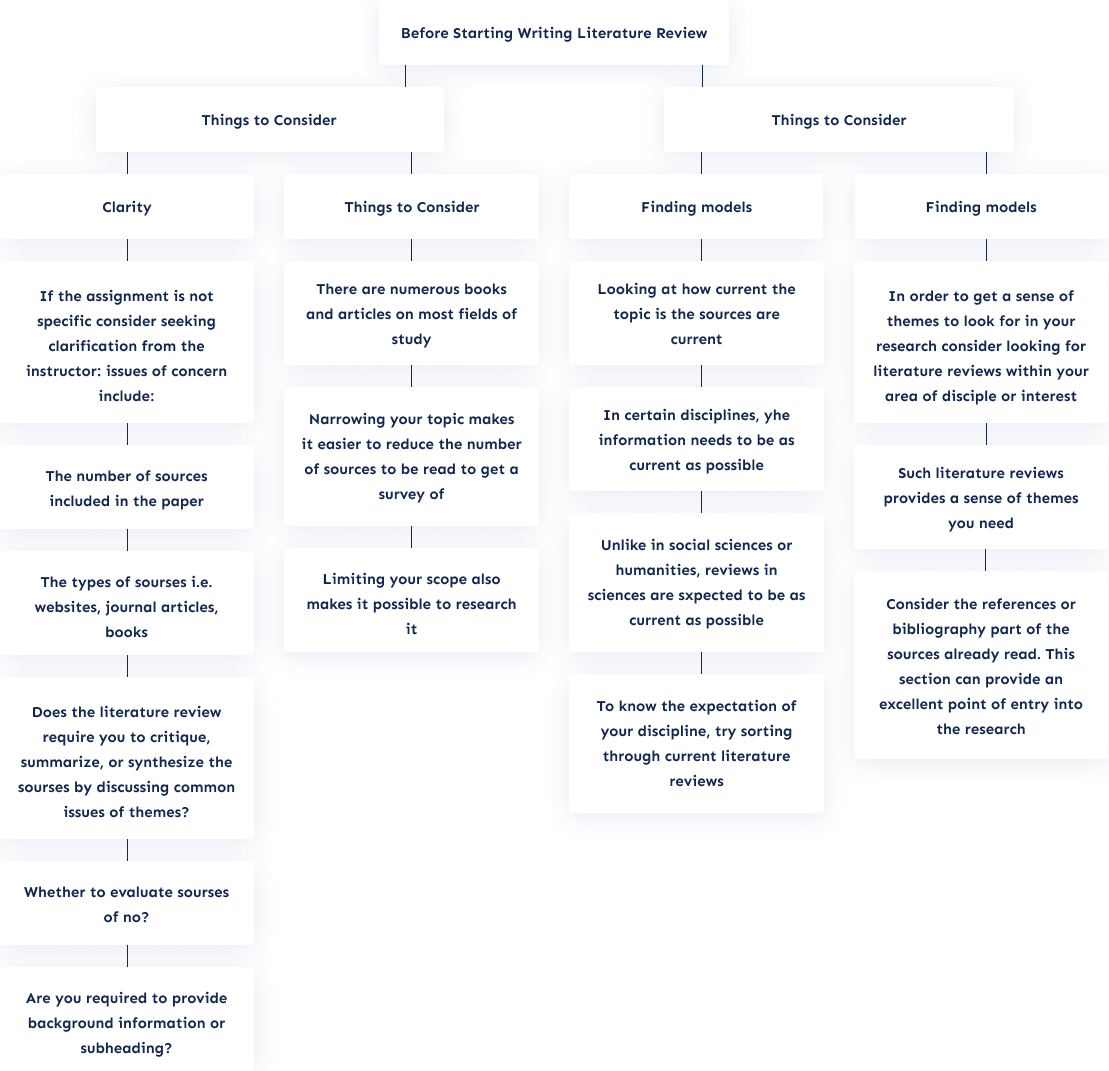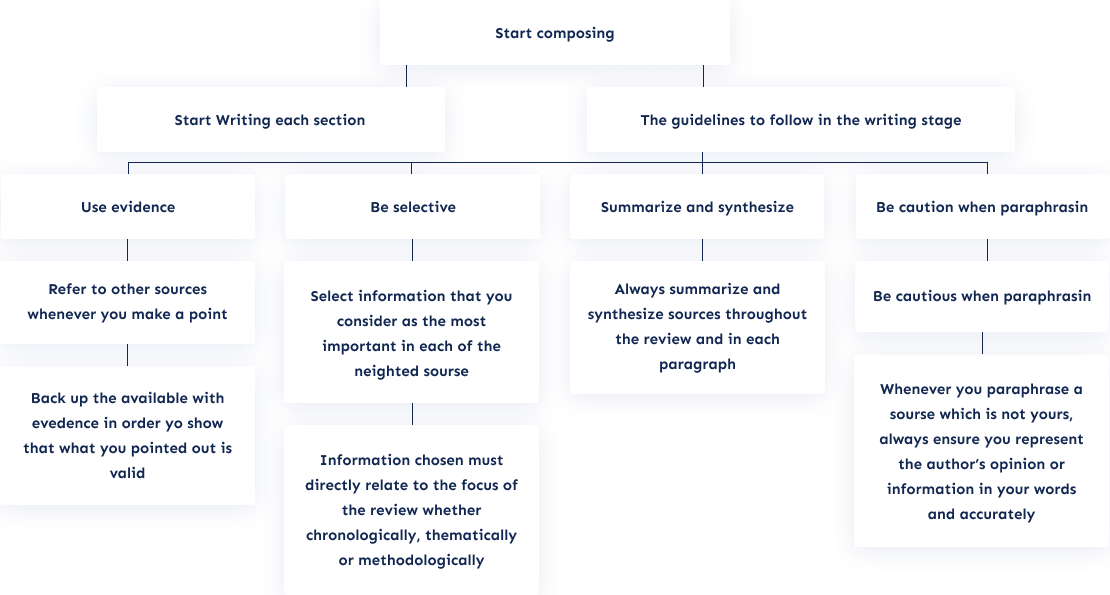- Dissertation introduction assistance content writing service
- Dissertation literature review writing services and where to pay attention to
- What to focus on while writing dissertation conclusion. How our writing and consulting service can help?
- What is good about our dissertation writing service. How we consult and write dissertation content.
- Dissertation methodology content writing and best tips for it
- Dissertation abstract pain points to focus on. Benefits of writing service.
- Dissertation discussion chapter content writing services in the UK
- UK Dissertation content writing service and how to prepare a well-written dissertation
Dissertation literature review writing services and where to pay attention to

Many students find it challenging to carry out an effective dissertation chapter. Often, they erroneously summarize sources & create descriptive list of references on a certain topic. The outcome is annotated bibliography lacking critical analysis. In this article we provide services helping you getting more from dissertation creation progress. Knowing how originality is necessary nowadays, we run all completed works through plagiarism scanners as 90% of returning customers have Turnitin, therefore we send drafts & gradually present progress to you. Every order gets written customized, checked, proofread & guaranteed 1 month free revisions.
We know every aspect of thesis writing
We highly value you. We only start writing your dissertation after getting acquainted with the candidate’s requirements, your supervisor’s comments and all your wishes. We have a team of more than 1000 writers who are experts in various fields. They are prompt in delivering work. You can order dissertation literature help in any area on any topic without exception and out dedicated writers will deliver it on time
We know every aspect of thesis writing
This article explains what it entails. It offers insights into how to construct and form this part of dissertation in sciences, social sciences, and humanities. It involves discussing published information within a particular subject area and within a given period. Possible to involve only summarizing of references from particular subject area or combining both synthesis & summary. In summary, only relevant information is captured in bibliography list; while, in synthesis, necessary information in reference list is reshuffled and re-organized. A synthesis can involve interpreting new-old materials or combinations of new interpretations & former interpretation. When writing a dissertation literature review, researcher can ascertain how fields, tasks progress intellectually including primary debates. Through undertaking goals, a researcher can evaluates material, information used & after able to determine the most relevant or pertinent area of research. This chapter differs from academic research papers in that it is used in research paper as support & foundation for an insight to contribute to available research. Again, this division focuses on summarizing & synthesizing other people’s ideas, arguments without making new contribution.
Why every detail is critical & who writes it





Occasionally, writing a dissertation literature review can be in humanities, social sciences, and sciences & lab reports. It can constitute only part of paper or the entire paper. It provides an overview of research. Acting as useful report for professionals to keep up-to-date with what is most current & relevant to the field. Breadth & depth of academic guidelines provide ground for scholars to emphasize credibility of a writer in certain field. It is essential component of most research papers & offers background for investigation of research papers.
Find a shortlist of main development phases

Managing your subject topic effectively
- Find your core points at start of literature review writing process
- Organize your chapter around ideas. Research & analyze every reference before adding it.
- Critically analyze every source.
- Read widely, research your recommended literature by your tutor.
- Issues to consider are:
- Whether grouped sources present different solutions to your topic - An object that is missing in field - Whether it reveals some trend - Whether they present material and portray is an appropriate theory.
- Construct a thesis statement
- Construct thesis statement from very beginning
- Thesis statement argues for a particular perspective about material.
- Consider Organization
- Presenting the information.
- Look at important paper-topics and subtopics you need to present information about.
- Two issues to consider when submitting information
- Covering basic categories - Organizing your body part.
- Covering basic categories
- There are three elements:
- Background or Introduction section - Body of literature review - Conclusion or recommendation section.
- Introduction
- Provides an idea of topic covered in the review such as organizational pattern or central theme
- Body
- Contains discussion of references organized either methodologically, thematically or chronologically
- Recommendations/Conclusion
- Involves discussing what has been found after reviewing your chapter
- Proofread, double-check paper structure
- Consider how to present chosen sources in body of the paper.
- Present reference list chronologically, thematically, and methodologically.
- Chronologically
- While reviewing literature, you can follow chronological method.
- Write about materials according as per their time of publication.
- Narrow down to by publication and trend by Publication and Trend
- By Publication
- Material, reading information is sorted by their publication chronologically.
- Organize themes around an issue of topic
- By Trend
- Organize materials, information chronologically by examining articles under another trend
- Thematic
- Organize themes around an issue of topic.
- Consider organizing themes based on progression of time.
- Methodological
- Organize sources based on methodology.
- Focus on methods of writer, researcher presented & used

